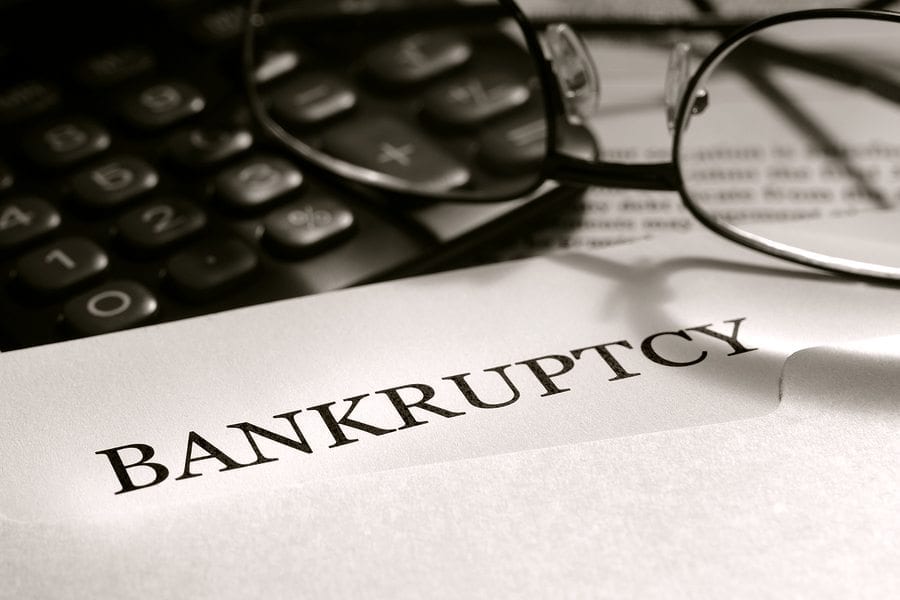There are two types of bankruptcy for individuals: Chapter 7, which is also called “liquidation” or “straight” bankruptcy, and Chapter 13, a longer process sometimes referred to as a “wage earner’s plan” or “reorganization.” Because there are major differences between these two forms of consumer bankruptcy – including differences in the way filers’ financial obligations to their creditors are treated – legislators have created certain criteria designed to prevent people from abusing bankruptcy by filing under an inappropriate chapter. These criteria, provided by 11 U.S.C. § 704(b)(2), are known as “means testing.” Our Philadelphia Chapter 7 bankruptcy attorneys explain what means testing is, how it works, and how it could affect your eligibility to file for Chapter 7 or Chapter 13 bankruptcy in Pennsylvania.
What is the Bankruptcy Means Test, and How Does it Determine Chapter 7 Eligibility?
A debtor must take several steps before he or she can file for bankruptcy in Pennsylvania. These steps include:
- Undergoing credit counseling with an agency which has been approved by the Office of the U.S. Trustee.
- Determining which chapter of bankruptcy is most appropriate to file under.
Filing is merely the beginning of the bankruptcy process. Though your case is not technically over until it is formally closed by the bankruptcy court, the final court action most filers will be directly impacted by is the discharge of the case, which frees the filer from his or her liability for “dischargeable” debts, such as credit card debt and medical debt.
However, a discharge is not the only possible outcome of a bankruptcy case. The case can also be dismissed, which means the debtor will still be liable for the debts from which he or she was seeking relief. There are various reasons a bankruptcy court can dismiss a case, including fraud, failure to comply with certain waiting periods (if the debtor has one or more prior bankruptcies), and having too much disposable income.
Before 2005, bankruptcy courts had more discretion over how much disposable income was “too much.” However, in 2005, Congress passed the Bankruptcy Abuse Prevention and Consumer Protection Act (BAPCPA), which, in addition to making many other changes to bankruptcy regulations, created criteria for determining how much disposable income should generally disqualify a debtor from filing under Chapter 7.
In Chapter 7 bankruptcy, a court-appointed official called a trustee will sell some of your property, with exceptions for property protected by bankruptcy exemptions, in order to repay your creditors. The process is generally over in as little as four to six months. In Chapter 13 bankruptcy, filers are able to keep more of their property – but in exchange, they are bound to reorganization plans, or repayment plans, lasting three to five years.
In short, Chapter 13 requires filers to repay more of their debts, which means Chapter 13 filers must have sufficient disposable income to make such payments. Chapter 7, which does not feature a reorganization plan, is more appropriate for filers who lack the disposable income – in other words, the means – to cover a reorganization plan. The means test is designed to prevent high-income debtors from abusing bankruptcy by filing under Chapter 7.
While the following explanation of the means test is an oversimplification, it will help to give you a rough idea of how the means test works in Pennsylvania. You must compare your current monthly income against the median income for a Pennsylvania household of your size. Say, for example, there are three people in your household. If your income is equal to or less than the Pennsylvania median household income for a family of three, you are eligible to file for Chapter 7.
What Happens if You Fail to Pass the Means Test in Pennsylvania?
Generally speaking, having higher income may mean that you are required to file under Chapter 13. However, even if you initially fail the means test, there may still be ways to file under Chapter 7, depending on the circumstances.
For example, your current monthly income is based on the previous six months, so if you recently lost a job or took a reduction in pay, your new income level will not be accurately reflected. To provide another example, you may be able to deduct expenses, such as certain healthcare expenses and childcare expenses, reducing your disposable income and potentially helping you to pass the means test.
Moreover, it’s important to remember the adage that just because you can, doesn’t necessarily mean you should. Even if you do pass the means test, you may be better served by one of the various alternatives to bankruptcy, such as a pre-foreclosure forbearance plan, debt consolidation, or a mortgage modification.
Philadelphia Chapter 7 Bankruptcy Lawyers Serving Bucks and Delaware County
Determining which chapter of bankruptcy is right for you can be a daunting and confusing task, particularly if you are still in the process of identifying the goals you hope to achieve with your bankruptcy. However, there’s no need to deal with the stress and anxiety of planning your bankruptcy case by yourself. Indeed, handling your own bankruptcy is a risky endeavor, particularly in light of the way BAPCPA has complicated the U.S. Bankruptcy Code.
If you’re thinking about filing for bankruptcy in Pennsylvania, or are interested in exploring bankruptcy alternatives, it’s in your best interests to contact an experienced Philadelphia Chapter 13 bankruptcy attorney who can help you clarify your financial objectives, explain your rights and responsibilities as a debtor, work to protect you from creditor harassment, help you prepare for court appearances, and handle your bankruptcy paperwork.
To talk about whether bankruptcy is right for you in a free and completely confidential consultation, or to find out how much it costs to file for chapter 7 bankruptcy call the bankruptcy lawyers of Sadek Bankruptcy Law Offices Law Offices at (215)-545-0008. Our attorneys handle business bankruptcy and consumer bankruptcy in Philadelphia, Bucks County, Delaware County, and New Jersey.







